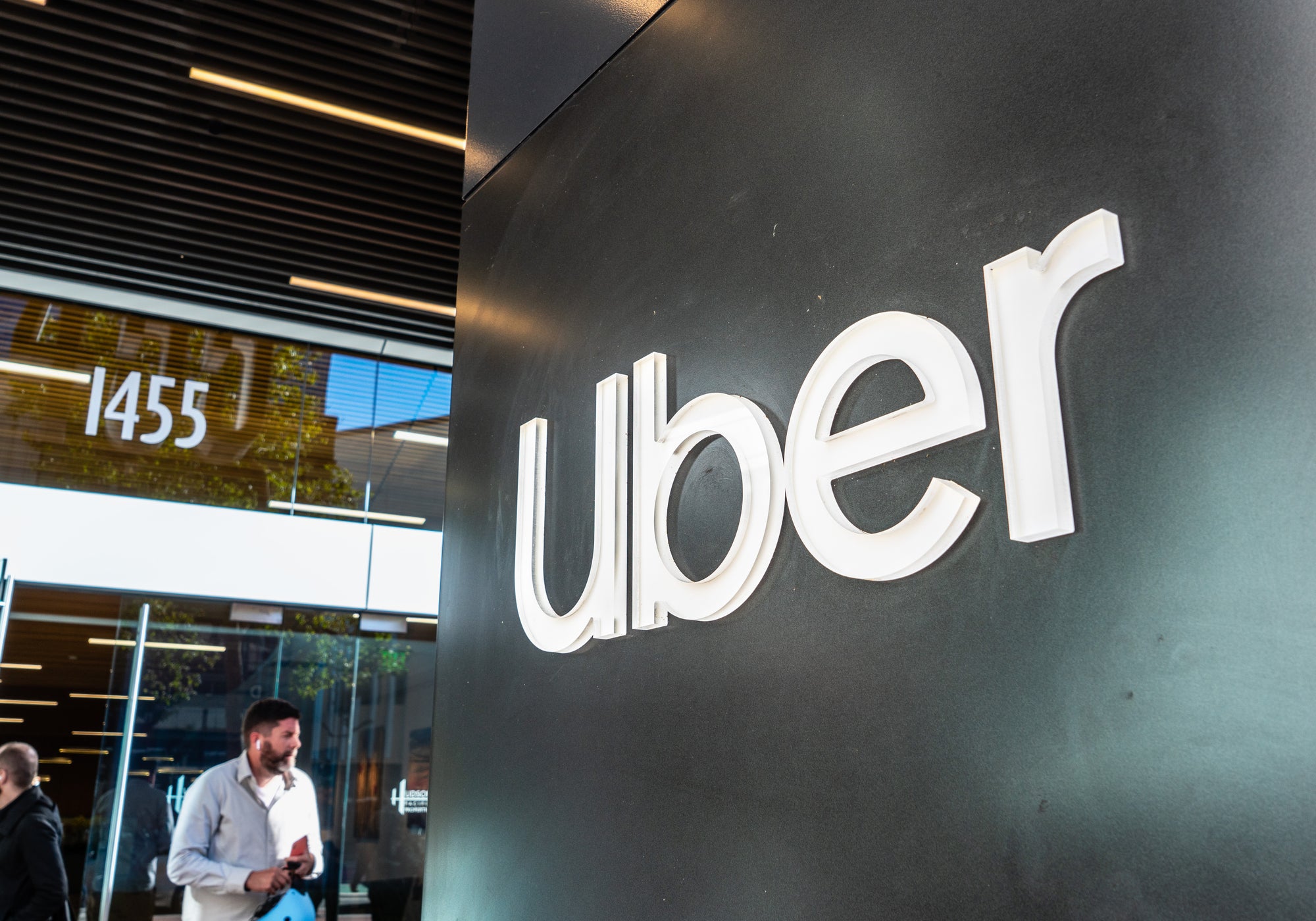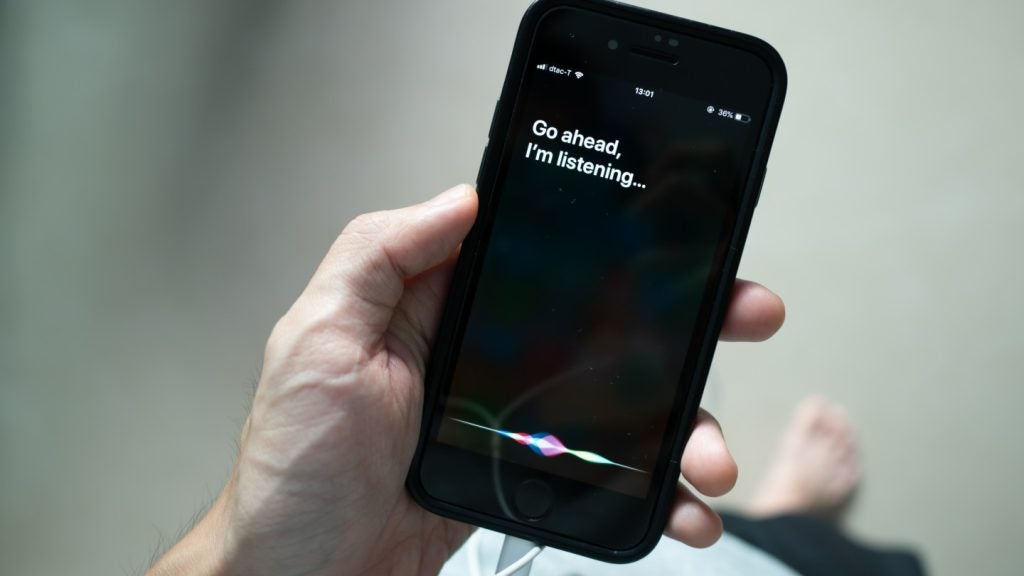
Uber reported a $1.1bn net loss in its Q3 results as the pandemic continued to take a heavy toll on its ride-hailing business.
Overall revenue for the three months ended 30 September stood at $3.1bn, an 18% year-over-year decline.
However, there were early signs of recovery as gross mobility bookings doubled from the previous quarter to $5.9bn, as easing lockdown restrictions led to an increase in rider volume.
That metric is still down 53% on the year-ago period, with mobility revenues dropping by the same percentage to $1.37bn.
Uber’s freight segment, which matches carriers with shippers, grew revenue from $218m in Q3 2019 to $288m – a 32% year-on-year increase.
As with the previous quarter, there were bright spots in Uber’s food delivery service. While lockdown restrictions have kept people indoors and from booking taxis, it has resulted in a surge of people using the Uber Eats app to order food.
How well do you really know your competitors?
Access the most comprehensive Company Profiles on the market, powered by GlobalData. Save hours of research. Gain competitive edge.

Thank you!
Your download email will arrive shortly
Not ready to buy yet? Download a free sample
We are confident about the unique quality of our Company Profiles. However, we want you to make the most beneficial decision for your business, so we offer a free sample that you can download by submitting the below form
By GlobalDataDelivery gross bookings grew 134% year over year to $8.5bn, while adjusted net revenue for the segment grew by 125% to $1.45bn.
For the second consecutive quarter, Uber’s delivery segment has brought in more revenue than its core ride-hailing business.
However, the surge in delivery revenue is not large enough to make up for lost mobility sales.
Uber Q3 results hit by Covid costs
The company said it spent $18m on its Covid-19 response initiatives, which included financial assistance to drivers unable to work because of the virus, personal protective equipment and free rides for health care workers.
Gross bookings across the entire company declined 10% year over year to $14.7bn.
Uber reported losses of $0.62 cents per share, slightly better than the $0.65 loss predicted by analysts.
“Despite an uneven pandemic response and broader economic uncertainty, our global scope, diversification, and the team’s tireless execution delivered steadily improving results, with total company Gross Bookings down just 6% year-on-year in September,” said Uber CEO Dara Khosrowshahi in a statement.
“Mobility Gross Bookings nearly doubled from Q2 levels and Delivery surged again to 135% year-on-year growth thanks to an increasing pace of innovation, which saw us launch new industry-leading safety technology; extend delivery offerings into groceries and prescriptions; bring Uber Green to more than 50 cities; and expand both Uber Pass and Eats Pass membership plans.”
Now eleven years old, Uber is yet to make a profit. Prior to the pandemic, Uber had plotted a path to profitability by the end of 2020. This goal has now been pushed back to the end of 2021.
“As consolidated growth returns, it will return to a more profitable foundation,” said Nelson Chai, CFO, in a statement.
“Our Mobility segment generated $245 million in Adjusted EBITDA, up nearly $200 million quarter-over-quarter, while we also improved Delivery Adjusted EBITDA margins by more than 10 percentage points. Through continued strong execution and cost discipline, we remain confident in our ability to achieve quarterly Adjusted EBITDA profitability before the end of 2021.”
Uber’s Q3 results follow a victory in California as voters passed the Proposition 22 ballot measure, preventing its drivers from being classed as employees. This would have entitled them to minimum wage and healthcare benefits. Uber and rival Lyft had threatened to pull out of the California market had the measure failed to pass.
Uber shares rallied after Proposition 22 passed. It’s share price is up 40% for the year.
Read more: Uber regains London licence from TfL, declared “fit and proper”







